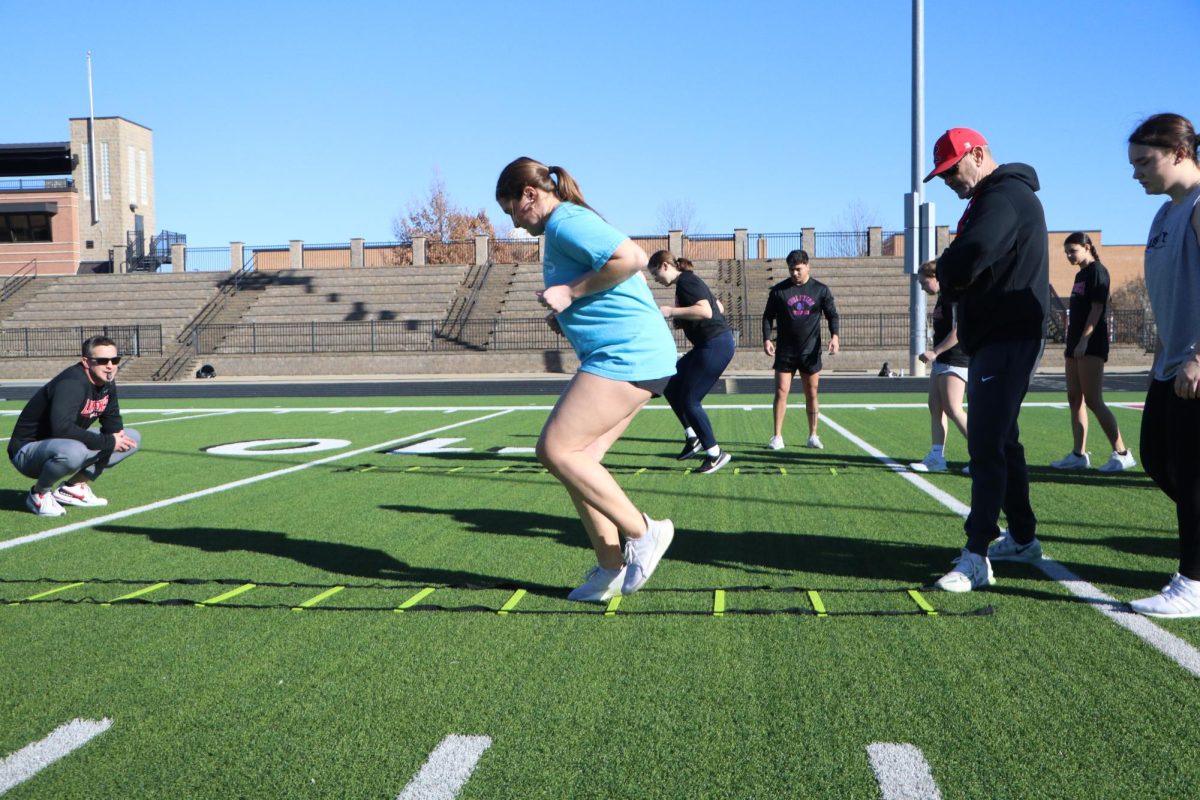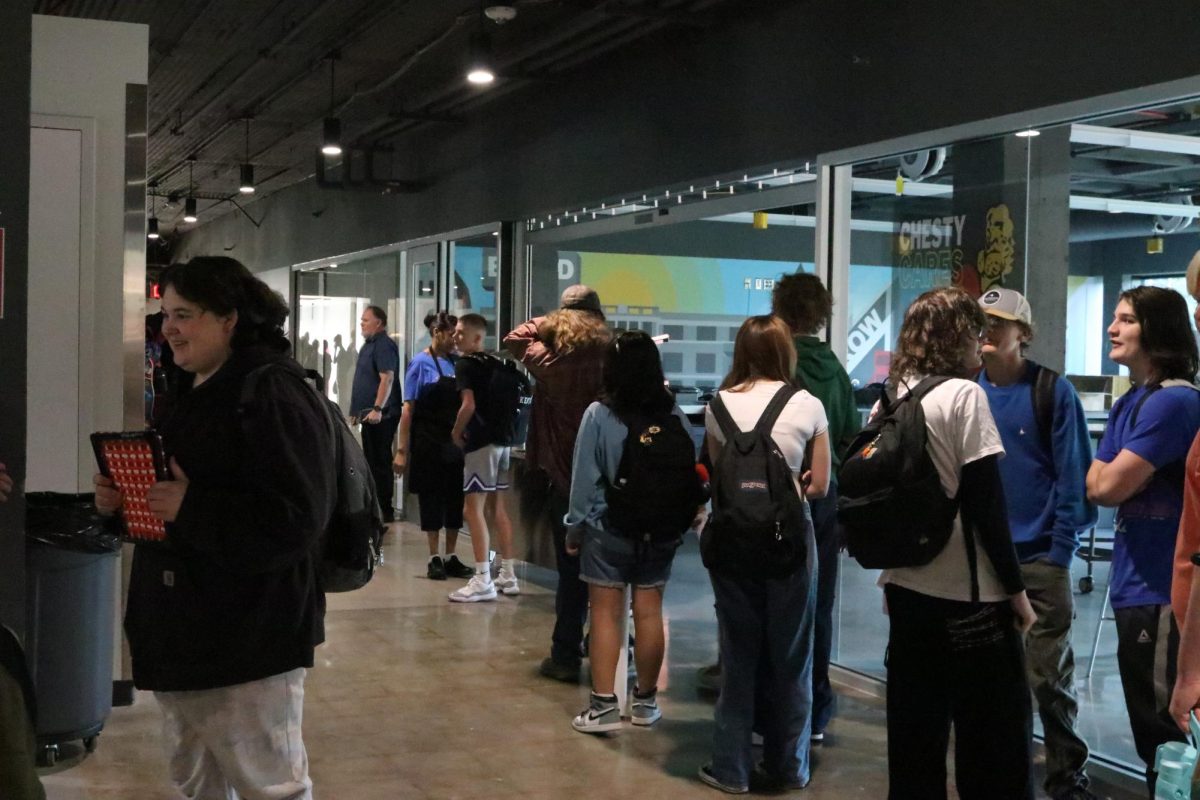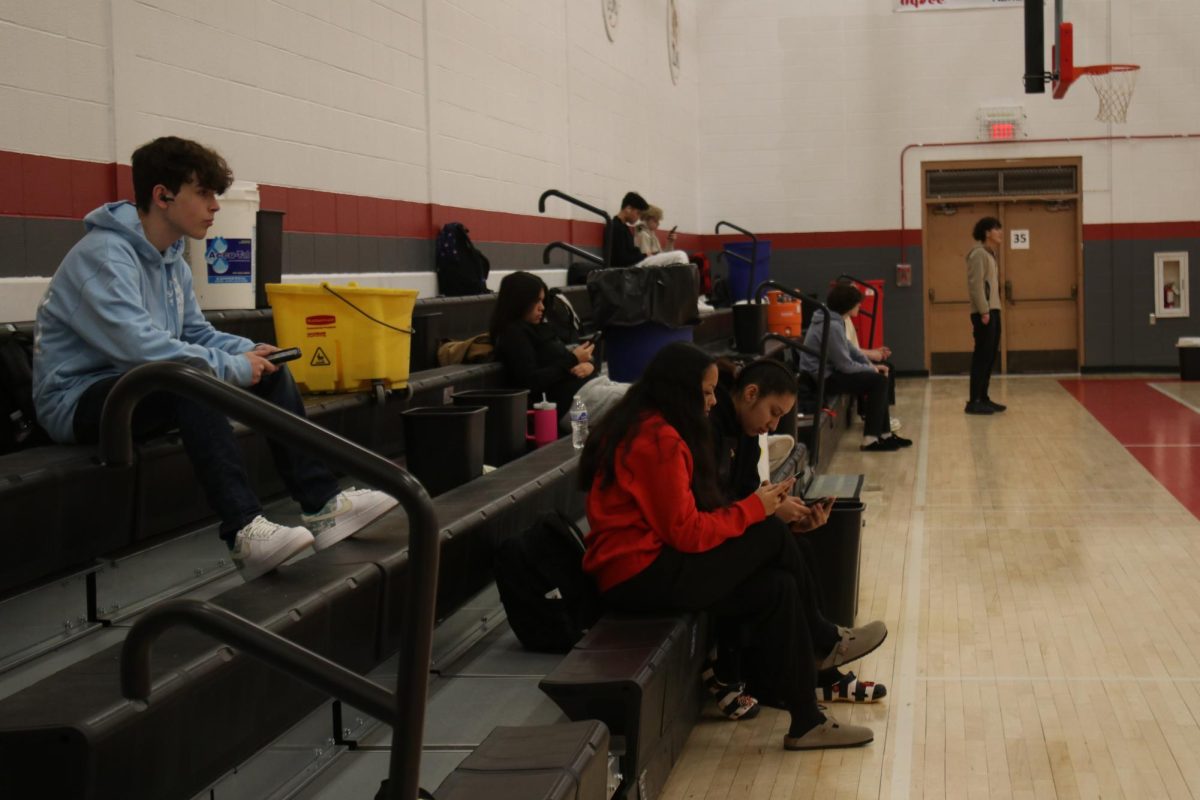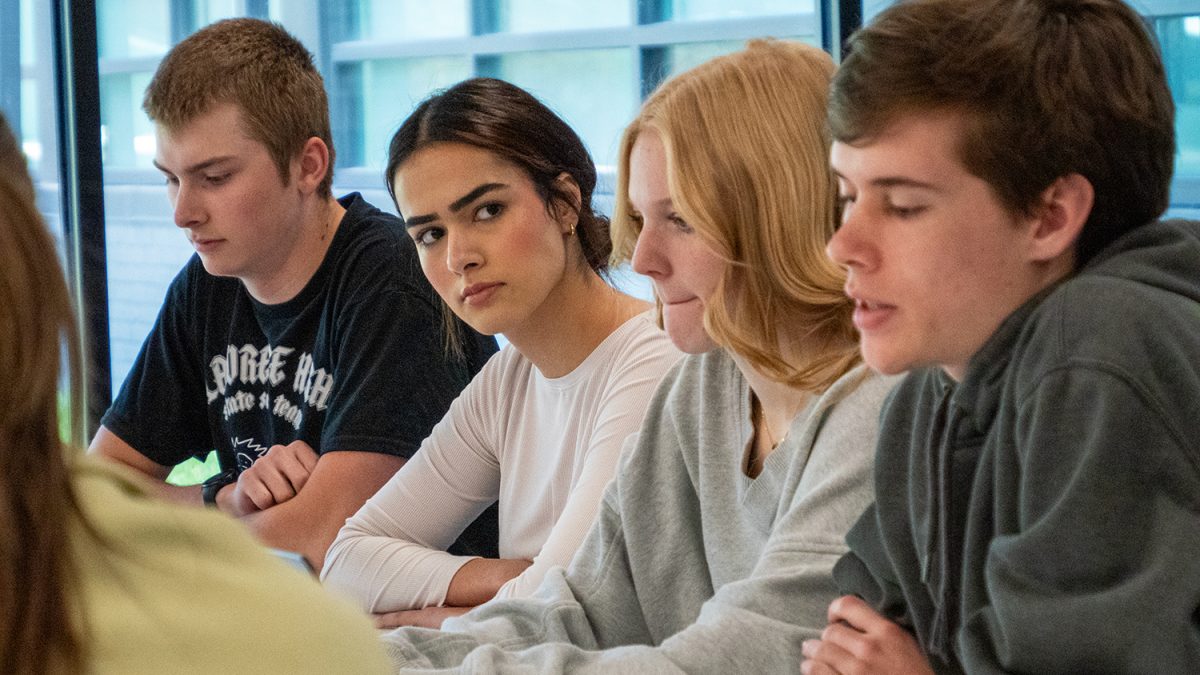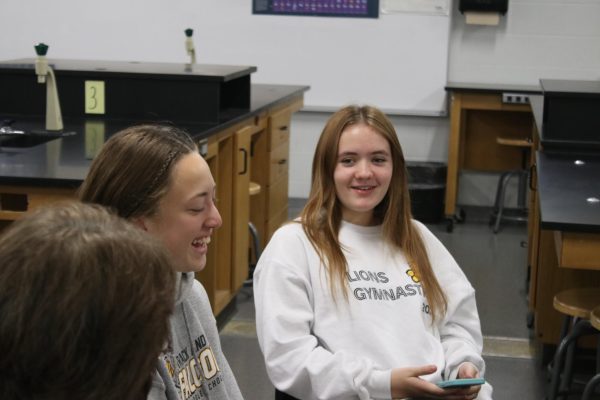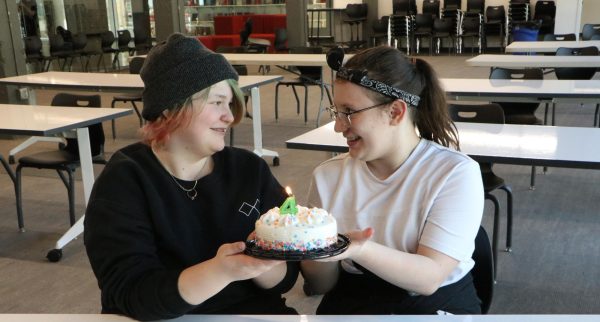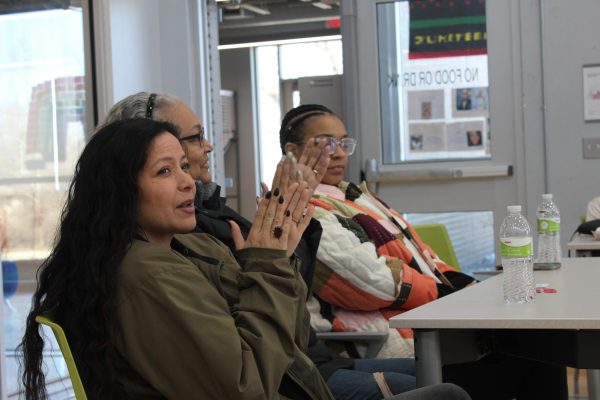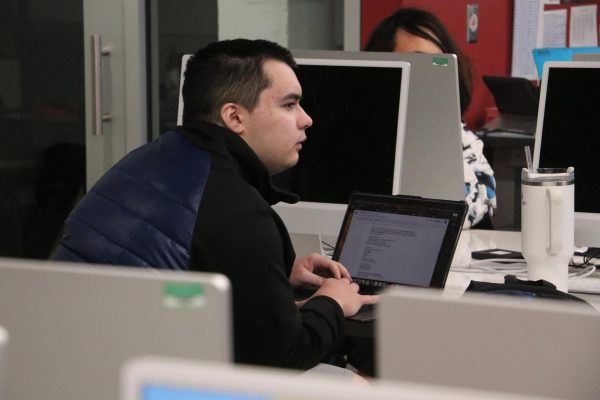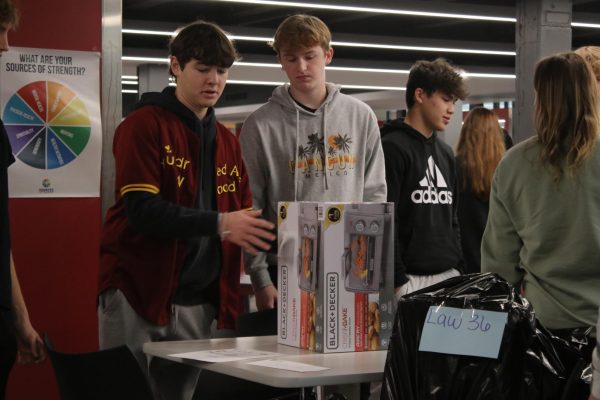Ruling Pushes for Higher Expectations
Supreme Court rules in favor of students with special needs
April 19, 2017
The Supreme Court last month ruled in favor of raising the standards for special education across the country.
The decision came from a case in which the parents of an autistic child said their son made better progress in private school than he did in public school, which they said created an inadequate individual education plan.
“Very simply what it’s done for school districts is it’s required them to raise the bar,” KU’s Professor of Special Education Sean Smith said.
The Supreme Court ruled to raise the bar because the student’s Individualized Education Plan (IEP) wasn’t meeting his needs. The court called for schools to give students the opportunity to make “appropriately ambitious” progress.
“I think in this case here the family sued because it seemed like the very same IEP was being offered year after year,” special education teacher Michael Hymer said. “The truth is that when we have an IEP meeting and I come in with a draft document, it’s supposed to be open for revision and discussion, and we’re actually supposed to mail them to parents five days in advance so they can look them over, so they can come in prepared to ask questions or challenge or offer suggestions.”
The court’s decision was unanimous.
“In these fractured political times, for any group to be unanimous on anything is pretty significant,” Hymer said.
Associate principal Margene Brohammer, who oversees the special education department at Lawrence High, said LHS special education teachers teach based on practices that have already proven to work.
“We already have some good systems in place that are based upon best practices,” she said. “It’s not like we’re [inadequate] to start with.”
Hymer also believes Lawrence already goes beyond standards set by the federal government.
“It [the decision] is saying, ‘OK, we can take the challenges and the needs of the identified kid into consideration when we see how much progress a student has or hasn’t made, but we do think that the goal should be ambitious,’” he said. “It’s my feeling that Lawrence’s school district has ambitious goals in its special education program.”
But it’s difficult for any Kansas school to have ambitious goals when funding is so low, Smith said.
“I think the current funding for the state of Kansas has really made it difficult to meet the needs of all students; all schools are really struggling with having the resources,” Smith said.
When considering the outcome of this case as well as the fact that Kansas Supreme Court deemed education funding inadequate at the beginning of March, the quality of special education offered in the state’s schools could see changes.
“I think Lawrence as well as the rest of the state of Kansas’ services for special ed will improve with more funding and with this Supreme Court requirement,” Smith said.
The decision has been met with optimism for the future of special education, Smith said.
“It reinforces to school districts across the country that you can’t just do the bare minimum, that…students with disabilities are not second-class citizens,” Smith said.




